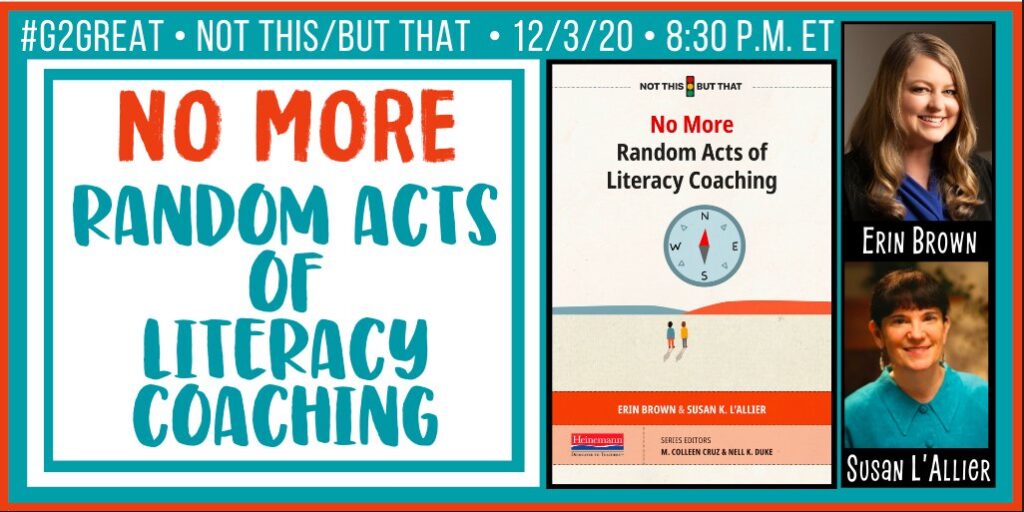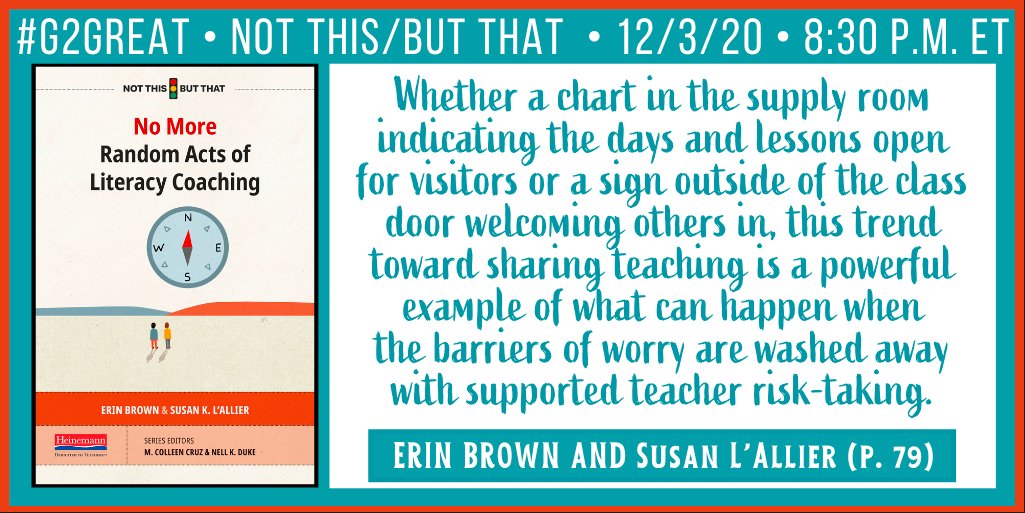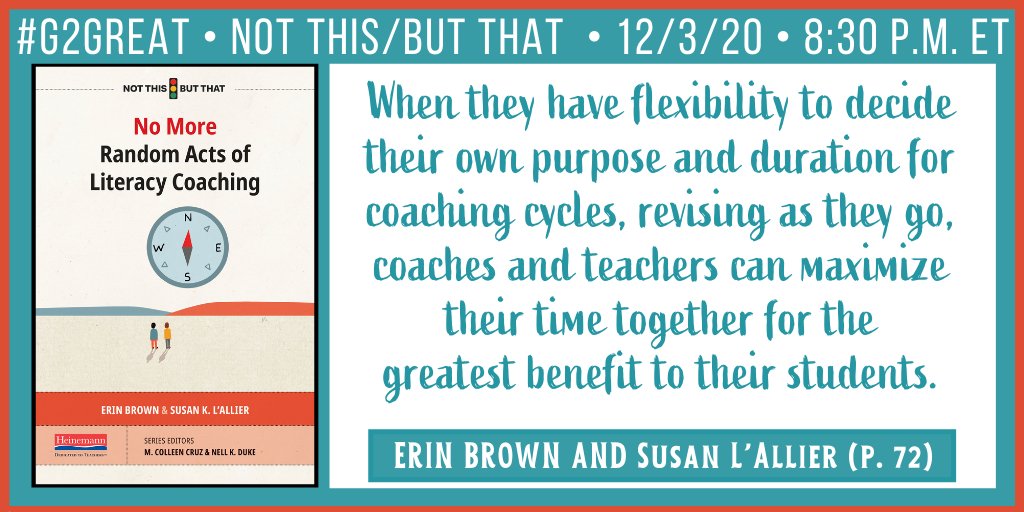by Jenn Hayhurst
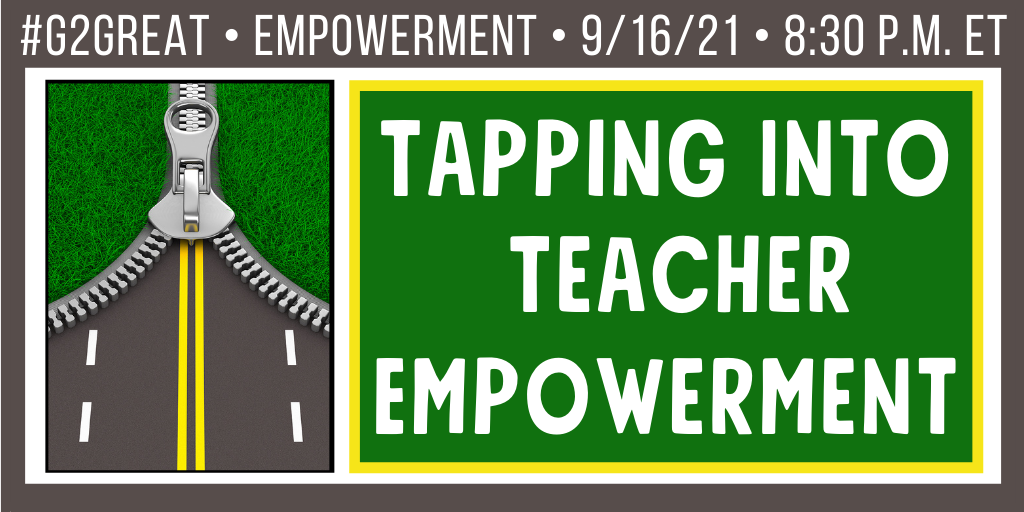
How do we tap into teacher empowerment? This is a question that I have thought about for a long time. It has been my experience that empowered teachers draw on knowing the curriculum, having an understanding for child development, and a knack for setting attainable goals with students that help their students recognize their own inner stores of power, but I wondered what other teachers had to say on the matter. On September 16, 2021 #G2Great began a conversation about tapping into teacher empowerment, and after reading through the Wakelet it became clear to me that GROWING A CULTURE around empowerment is really the next frontier.
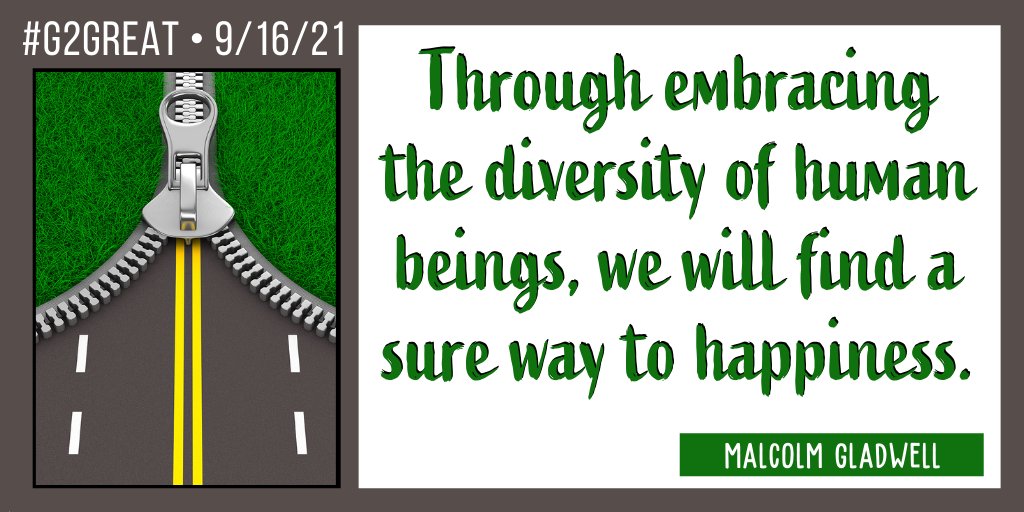
What if we actively created a culture that was built around teacher empowerment in school? I imagine that it might be like this, teachers come to school believing that their thoughts and decisions will make a positive impact on the collective good. Every faculty member would know that their expertise would be held in the highest esteem. From where I stand, teaching is already the best career there is and if it were possible to work in a culture that tapped into teacher empowerment, it would be life changing for our profession and our students. That is something worth fighting for, and here are some ways we can begin to make a shift towards tapping into (a culture) of teacher empowerment.
Listen to Teachers
Building a school wide belief system stems from an ongoing conversation about how students learn best. Once we have that vision, we can begin to align our beliefs and we can promote a shared voice in the materials that we put into the classroom. One way to promote ownership is to let teachers decide what kinds of materials reflect the shared vision. Teacher autonomy would stem from having a voice and choice about classroom libraries, based on the needs of their classrooms.
Promote Intellectual Curiosity
It is a goal of many to take a student centered approach to teaching and learning. It is also important to extend that same stance for professional learning for teachers. Having choice in the kind of professional learning that is received is very empowering. We need to follow the teacher lead when it comes to learning because each teacher has a different need. Peer facilitated coaching is another way to promote empowerment because having the freedom to visit a colleague and learn collectively is the kind of on the job training that promotes professional growth while tapping into teacher expertise.
Take Action Through Agency
The culture of school does not always jive with the concept of agency. There are so many tasks teachers are asked to complete at school that suck up time and effort. Our focus becomes a checklist of “have to’s” rather than time spent cultivating the craft of teaching. It is hard to feel inspired to take action when obligatory duties take over. We can strive to make this better. Everyone has to submit lesson plans, but rather than submitting lesson plans prior to the lesson, submit them after with teacher reflections written in the margins. This encourages deeper reflection while giving administration a better view of what is happening in the classroom. What went well? What failed? What did you learn? Innovative solutions are out there, let’s devote time and energy to making it happen.
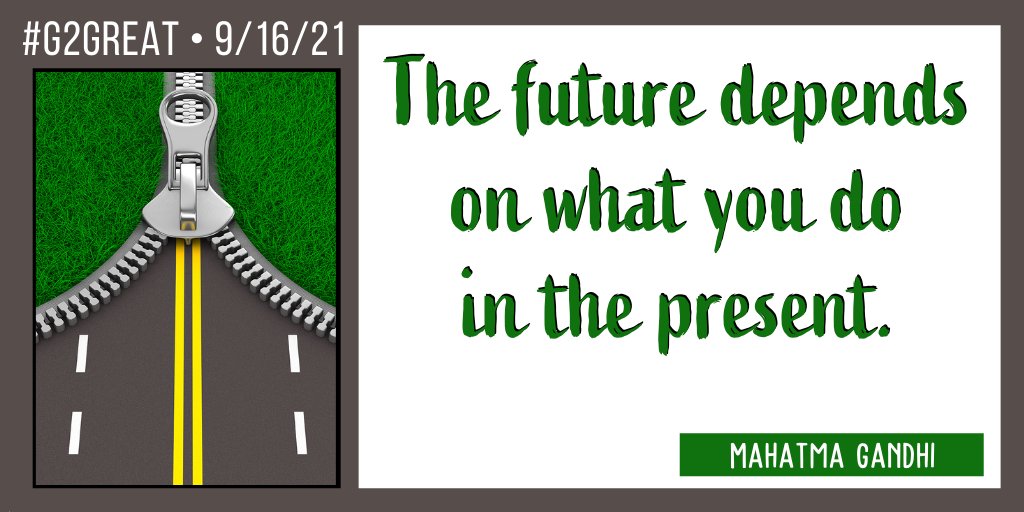
Begin Good Conversations
One tenant of #G2Great is that we believe we move from “good work” to “great work” in the classroom (Howard 2012) when we continue to read and act on professional learning. A school culture that embraces a teacher’s desire to learn and try something new is one that is made to tap into teacher empowerment. Every week, I learn so much from the teachers I work with and the teachers I know through social media. Risk would be a badge of honor, a marker of courageous learners who are trying to outgrow themselves. This would be a culture that would be worthy of the students we teach everyday.
Never Lose Sight of What is Possible
The culture we live in school is in some part a reflection of ourselves. What if? Two common words that have an uncommon ability to power real change. If you find yourself wanting more, and dream of tapping into your own sense of empowerment; don’t wait, you can make the difference.
